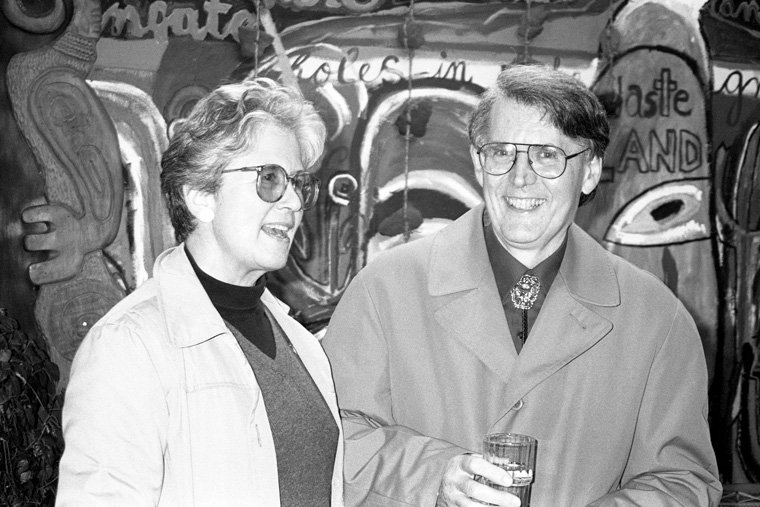Dr Richard Benton

Anthropology Photographic Archive, University of Auckland, Reference: 494310
Richard Benton was raised in Northland, where he developed life-long interests in both the language of the land and the plants that grew upon it.
He studied linguistics, completing his doctorate at the University of Hawai’i (Mānoa) in 1972. Returning to Aotearoa, he joined Ngā Kaiwhakapūmau i te Reo and supported the te reo Māori claim to the Waitangi Tribunal. He and his wife Nena Benton’s years of research and numerous detailed and eloquent papers on te reo provided an authoritative sociolinguistic research corpus which underpinned the evidence presented by claimants to the Waitangi Tribunal in Wai 11.
With Nena, he led a major survey of the use of the Māori language for the New Zealand Council for Educational Research between 1973 and 1979. Their sobering findings underpinned later thinking about and planning for revitalisation and language policy.
Richard Benton has been Tumuaki, Te Wāhanga Kaupapa Māori of the New Zealand Council for Educational Research, Deputy Director of the Centre for Maaori Studies and Research at the University of Waikato (1996–99), Director of the James Henare Māori Research Centre at the University of Auckland (1999–2003), Adjunct Professor with Te Mātāhauariki Institute at the University of Waikato (2004–07), and President of the Polynesian Society.
From 2008 he led work on Te Māra Reo, The Language Garden, beside the Waikato River near Taupiri. On this property, Tumanako, grow trees and other plants that were given names brought to Aotearoa by the ancestors of Māori. Te Māra Reo shows, on the ground and online, the links between Aotearoa and other Pacific and Asian nations that are embodied in common words for plants. Te Māra Reo celebrates both our natural heritage and our linguistic heritage.